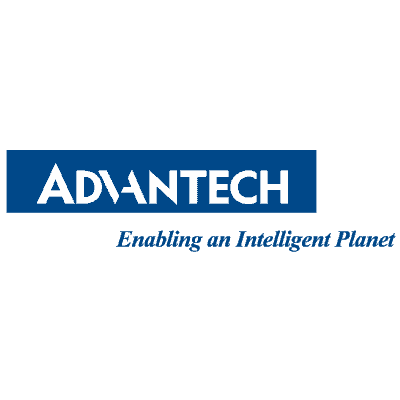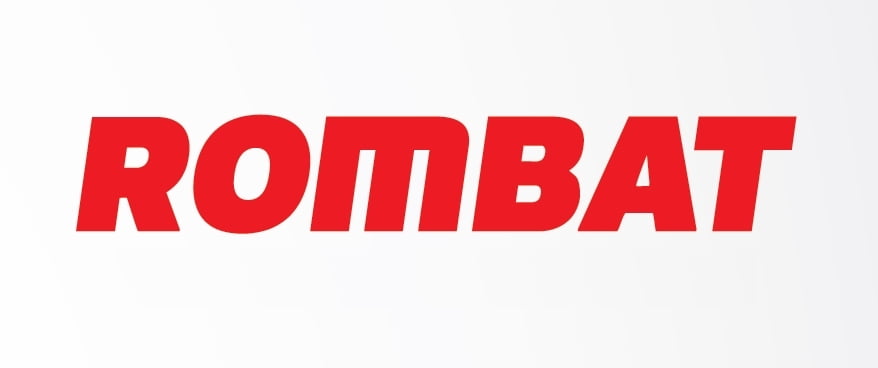What is Continuous Production? Benefits, Process, and Advantages Explained
Manufacturers use continuous production to run operations 24/7 without interruption, producing goods at a constant rate. They rely on this method when demand for standardised products is high and shutting down the line would waste time and money. Industries such as chemicals, petroleum, food and beverage, and steel often depend on it to satisfy large-scale demand.
In such a system, materials flow steadily through the production line, completing each stage without breaks. Automation drives most of the process, limiting human intervention and ensuring consistent output. Machines and equipment work in sync to maintain efficiency, reduce errors, and guarantee smooth operation.
The advantages of continuous production include unmatched efficiency. Because the line runs non-stop, manufacturers produce large volumes quickly, cut idle time, and maximise output. They also lower production costs by avoiding downtime and reducing the need for frequent setup changes.
Another benefit lies in product quality. Automated, standardised processes minimise errors and eliminate variations, ensuring every product meets the same standard. This consistency is vital in industries like pharmaceuticals and chemicals, where uniform quality is non-negotiable.
Despite its benefits, it requires a large upfront investment in machinery, automation, and infrastructure. Companies must plan carefully and maintain systems diligently to prevent costly breakdowns. The method also lacks flexibility – changing product designs or altering production lines often demands time and money.
In summary, continuous production empowers manufacturers to deliver high volumes of standardised goods efficiently and consistently. While setup costs and maintenance are significant, the advantages – productivity, cost-effectiveness, and quality – make it one of the most powerful manufacturing methods for large-scale industries.
FAQs
Q1. What is continuous production in manufacturing?
Continuous production is a process where production runs non-stop, 24/7, to produce goods at a constant rate.
Q2. What are the main advantages?
The advantages include high efficiency, reduced downtime, lower costs, and consistent product quality.
Q3. Which industries use continuous production?
Industries such as chemicals, pharmaceuticals, petroleum, food and beverage, and steel depend on continuous production for large-scale demand.
Q4. Why is cost-effective?
Because production never stops, manufacturers reduce idle time, avoid frequent setup costs, and maximise output, lowering the overall cost per unit.
Q5. What are the limitations?
It requires heavy investment in machinery and infrastructure and offers less flexibility when changing product designs.












